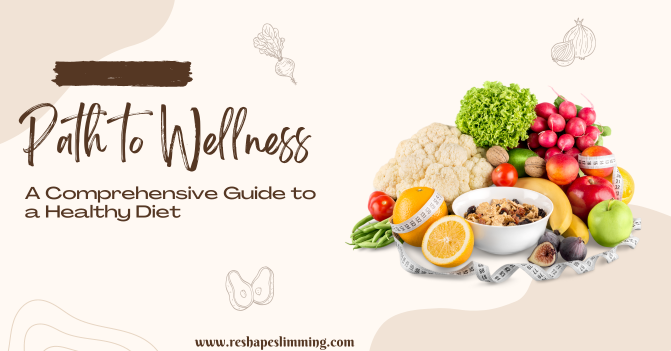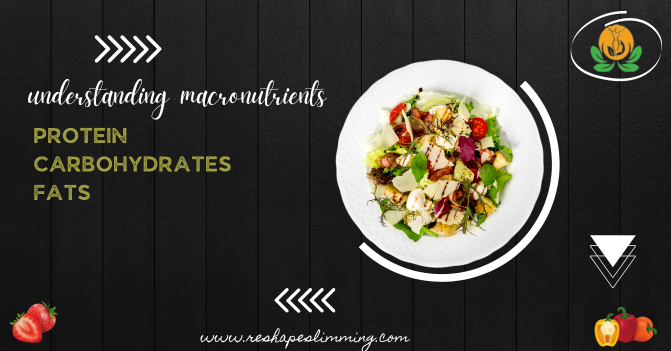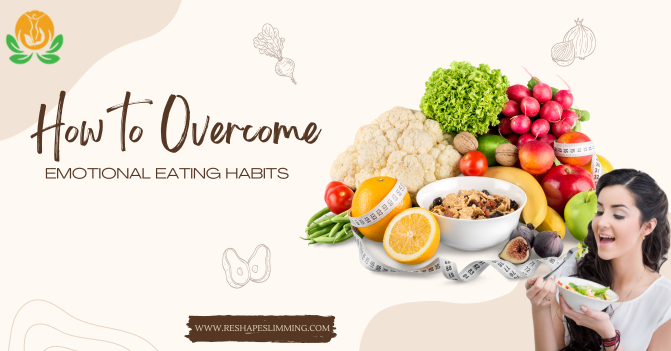- Reshape Slimming Wellness & Diet Center
- +91-72848 25055
- reshapeslimming.diet@gmail.com

Health benefits of Dates
September 5, 2023
Steps to improve your life
September 13, 2023
The Path to Wellness: A Comprehensive Guide to a Healthy Diet
The Path to Wellness: A Comprehensive Guide to a Healthy Diet
Introduction:
Maintaining a balanced diet is important for overall health. What we consume has a direct impact on our energy levels, immune system, and overall health. In this post, we’ll look at the components of a healthy diet that can help you attain and maintain a healthier lifestyle.
- The Foundation of healthy diet:
A healthy diet is built on a foundation of nutrient-rich foods. Whole grains, lean proteins, healthy fats, and a range of fruits and vegetables are among them. Aim for a colourful plate that includes a variety of nutrients.
- Embrace Whole Foods:
Whole grains (brown rice, quinoa, oats), lean proteins (legumes), and fresh produce are high in vitamins, minerals, and fibre. These components aid with digestion, blood sugar regulation, and heart wellness.
- The Importance of Portion Control
Portion control is essential for keeping a healthy weight. Even nutrient-dense foods, when consumed in high quantities, can contribute to excess calories. To avoid overeating, keep serving sizes in mind.
- Hydration is key :
Water is necessary for body activities such as digestion, circulation, and temperature regulation. Make it a habit to drink water throughout the day, and for added flavour, explore herbal teas and infused water.
- Prioritize fruits and vegetables a priority:
Fruits and vegetables are high in vitamins, minerals, antioxidants, and fibre. Fill half of your plate with these colourful options to boost your immune system and lower your risk of chronic diseases.
- Lean Proteins for Muscle Health:
Include lean protein sources in your diet such as poultry, fish, tofu, and lentils. Proteins are the structural components of muscles, tissues, and enzymes, and they contribute in repair and growth.
- Healthy Fats for Brain and Heart: Include healthy fat sources such as avocados, nuts, seeds, and olive oil. These fats are beneficial to brain function, hormone production, and cardiovascular health.
- Mindfulness in Eating:
Savour each bite and pay attention to hunger and fullness signs to practise mindful eating. This method promotes a healthier relationship with food and prevents overeating.
- Limit added sugars and processed foods:
Reduce your intake of foods heavy in added sugars and processed components. These can result in weight gain, energy slumps, and an increased risk for long-term diseases such as type 2 diabetes.
- Moderation, Not Deprivation:
Adopt a balanced approach to treats and indulgences. It’s okay to enjoy your favorite foods in moderation, as long as they don’t compromise the overall quality of your diet.
- Meal Planning and Preparation:
Plan your meals ahead of time to avoid unhealthy last-minute choices. Preparing meals at home gives you control over ingredients and portions.
- Special Dietary Considerations:
Individuals with specific dietary needs, such as vegetarianism, veganism, or gluten intolerance, should ensure they’re meeting their nutritional requirements through proper food choices or supplementation.
- Consulting a Professional:
If you’re making significant changes to your diet or have specific health goals, consider consulting a registered dietitian or nutritionist. They can provide personalized guidance based on your unique needs.
Conclusion:
A healthy diet is a step towards better health. You can develop a balanced and sustainable eating style that supports your long-term wellness goals by prioritizing whole foods, practicing portion control, staying hydrated, and being attentive of your choices. Remember that small changes add up over time, so begin now to live a healthier tomorrow.




